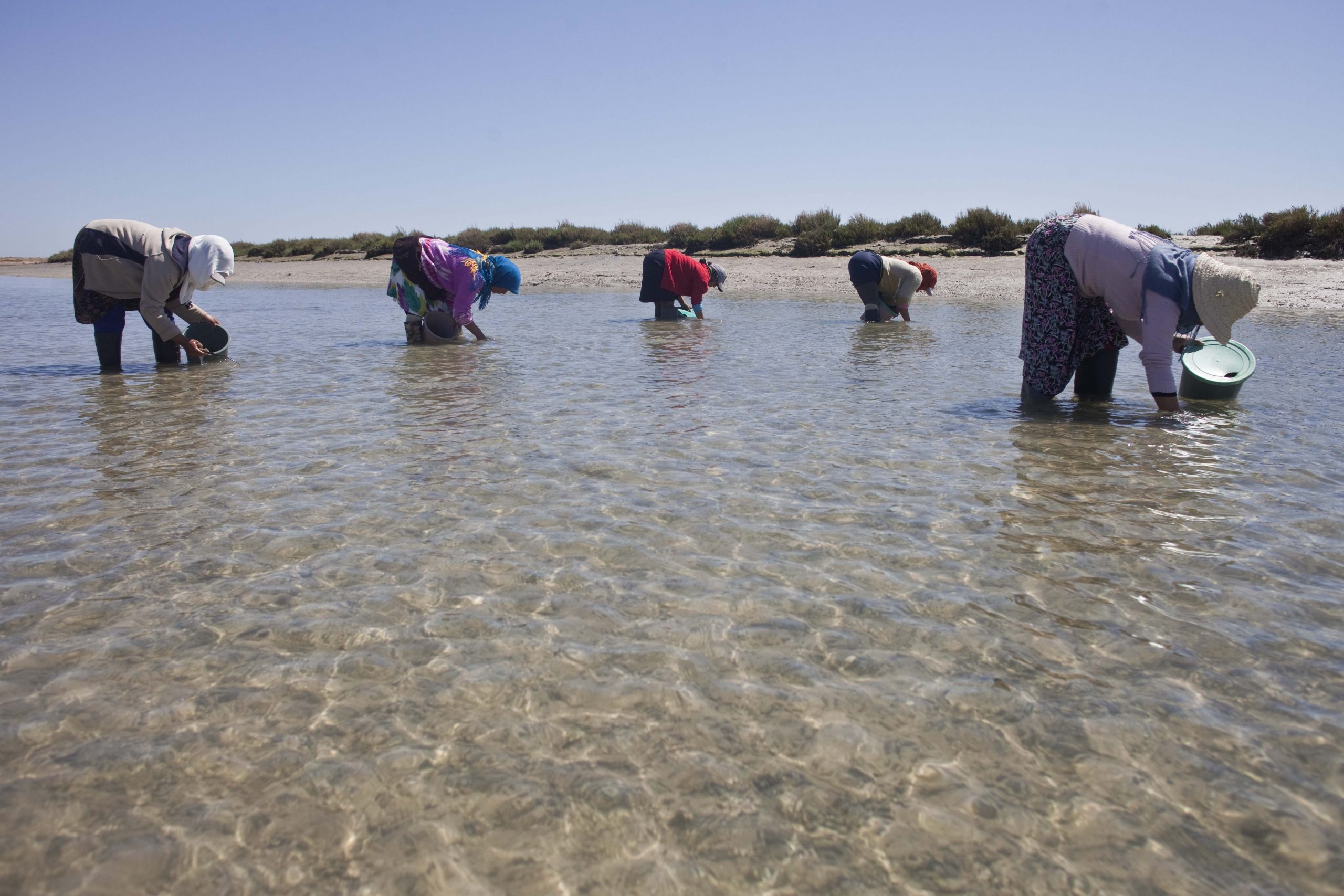
Water covers 70 percent of the Earth. Marine and freshwater environments sustain an abundance of life in its spectacular diversity. Through our history, small-scale fishing communities have interacted and depended on these living resources. A threat to aquatic environments is a danger to artisanal fishers.
Their protection and stewardship are essential to the communities and cultures they sustain. This relationship is a framework to manage conflicts and improve the quality of life and livelihood of small-scale fishers. It was recognized in the UN Convention on Biological Diversity.
Governments increasingly designate marine protected areas (MPAs) for conservation and management. This legal instrument does help but its implementation has raised serious concerns. Target-driven expansion of MPAs is fixated on quantitative goals. This has hit the rights, livelihoods and sustainable use practices of small-scale fishing communities. MPAs—created often in a non-consultative and non-participatory manner—have focused on regulating/restricting their fisheries, failing to recognize their sustainable livelihoods, culture and survival.
It is imperative that protection efforts are grounded in principles of sustainable use. That their processes are inclusive and recognizebuilding upon them. Artisanal fishers must be the frontline of marine biodiversity conservation. There is an urgent need for systematic improvements on all such matters.
A range of ICSF’s initiatives highlight the social and political dimensions of conservation. The importance of livelihoods of poor and vulnerable communities, of their participation and consultation. The co-management of resources by fishing communities, based on a human rights approach to conservation.

Participation at CBD meetings, and collaboration with fish workers organizations, local community and indigenous groups is useful in contesting target driven and top-down approaches to conservation, and the associated violations of human rights linked to these approaches. It is also useful in influencing the text of the decisions adopted to take on board indigenous and local community concerns.
We describe six case studies that exemplify different approaches taken to develop MPA networks in the Coral Triangle region at different scales: Nusa Penida in Indonesia; Tun Mustapha Park in...
We propose expanded use of marine spatial planning as a framework for more effective, pragmatic management based on ocean zones to accommodate conflicting uses. This would force the holistic, regional-scale...
The North Sea is one of the busiest marine areas in the world. It is also a major fisheries ground. Bordered by seven countries with their own spatial uses and...

Scientific collaboration among dedicated experts to better understand marine biodiversity and support country efforts to achieve the Aichi Biodiversity Targets

The report is not intended to be a comprehensive review of marine spatial planning. Rather, it provides a concise response to the request by COP 10 Decision X/29 para 75...
More than 30% of the individual MPAs in Japan were established by self-imposed instruments agreed by members of fishery co-management organizations. It was suggested that the autonomous MPAs are not...
There is a relatively long history of marine resource conservation under international law and, presently, there is a considerable array of instruments aimed at the conservation of fisheries, both within...
The guide provides a comprehensive overview of MSP. It focuses on describing a logical sequence of steps that are all required to achieve desired goals and objectives for marine areas....

Although the principles of an ecosystem approach to fisheries (EAF) are not new, there is very little practical experience in their implementation. Translating high-level policy goals on EAF into operational...
This Code sets out principles and international standards of behaviour for responsible practices with a view to ensuring the effective conservation, management and development of living aquatic resources, with due...